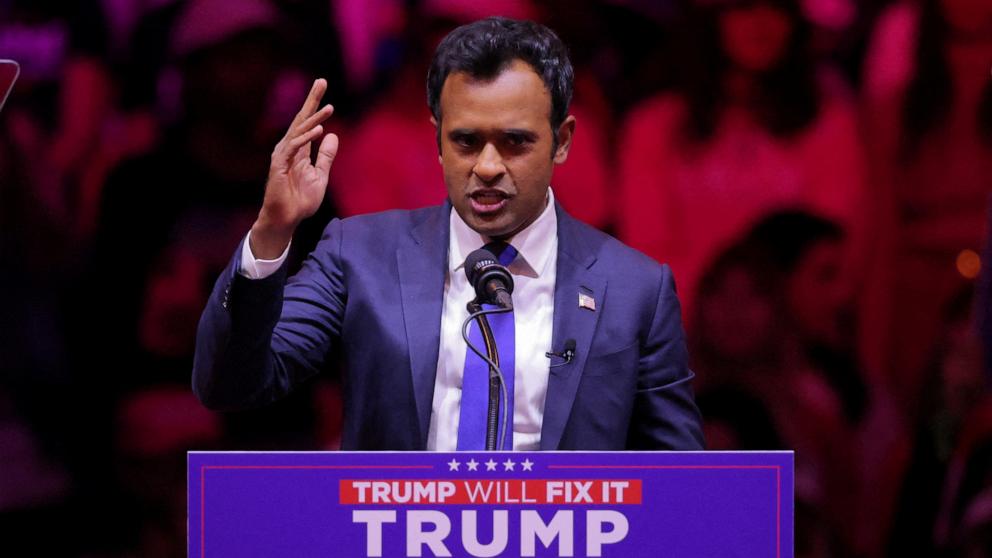Republican lawmakers are rallying around the Department of Government Efficiency (DOGE), spearheaded by Elon Musk and Vivek Ramaswamy, as it aims to downsize the federal government. Though still in its early stages and lacking formal authority, the initiative has sparked widespread interest among GOP members.
DOGE’s agenda includes slashing regulations, reducing the federal workforce, and exploring ways to bypass Congress for spending cuts. This bold effort aligns with long-held conservative goals of limiting government, making it a key focus for many in the party.
The initiative has drawn support from prominent figures such as Rep. Marjorie Taylor Greene, Sen. Joni Ernst, and Sen. Rand Paul, each of whom is leveraging DOGE to advance their own agendas.
Greene, a staunch Trump ally, is taking on a leadership role as head of a House Oversight subcommittee focused on efficiency. Her subcommittee aims to tackle bureaucratic inefficiencies, reorganize federal agencies, and reduce what she calls “wasteful spending.” Greene’s outspoken style and close ties to Trump position her as a key player in DOGE’s efforts.
In the Senate, Joni Ernst is making her mark as a leading advocate for DOGE. She has established a Senate DOGE caucus, echoing her long-running initiatives against government waste. Ernst views DOGE as an opportunity to bolster her fiscal conservatism and political influence, particularly after a recent leadership loss to Sen.

Tom Cotton. Collaborating with Musk and Ramaswamy, she has outlined potential trillions in spending cuts and highlighted her commitment to advancing Trump’s vision for a leaner government.
Rand Paul, who will chair the Senate Homeland Security and Governmental Affairs Committee, has also embraced DOGE’s mission. Known for his libertarian leanings and relentless push for spending cuts, Paul sees the initiative as a means to further his agenda of fiscal responsibility.
He has pledged to work closely with DOGE officials, providing them with detailed proposals for rescinding federal funds and identifying areas ripe for reductions. Paul’s track record of championing small government makes him a natural ally for DOGE.
Meanwhile, appropriations committee leaders are approaching DOGE with measured caution. These lawmakers, who traditionally control federal spending decisions, face a potential challenge to their authority.
Musk and Ramaswamy’s discussions about bypassing Congress through legal means have raised eyebrows, though appropriations leaders like Rep. Tom Cole are waiting for more concrete plans before responding. The possibility of a Supreme Court challenge to the Impoundment Control Act has further complicated the political dynamics.
DOGE represents a significant new front in Republican efforts to reshape the federal government, blending Trump’s populist agenda with longstanding conservative priorities.
While the initiative has energized much of the GOP, it has also underscored divisions within the party, particularly regarding the balance of power between Congress and the executive branch. As discussions continue, the success of DOGE will depend on its ability to navigate these internal tensions and deliver tangible results.


